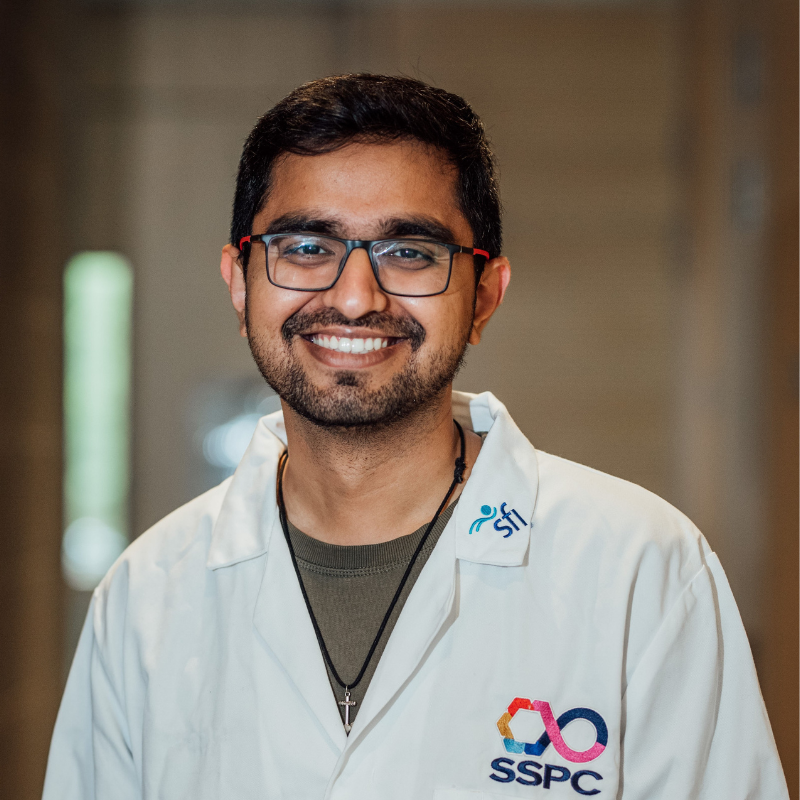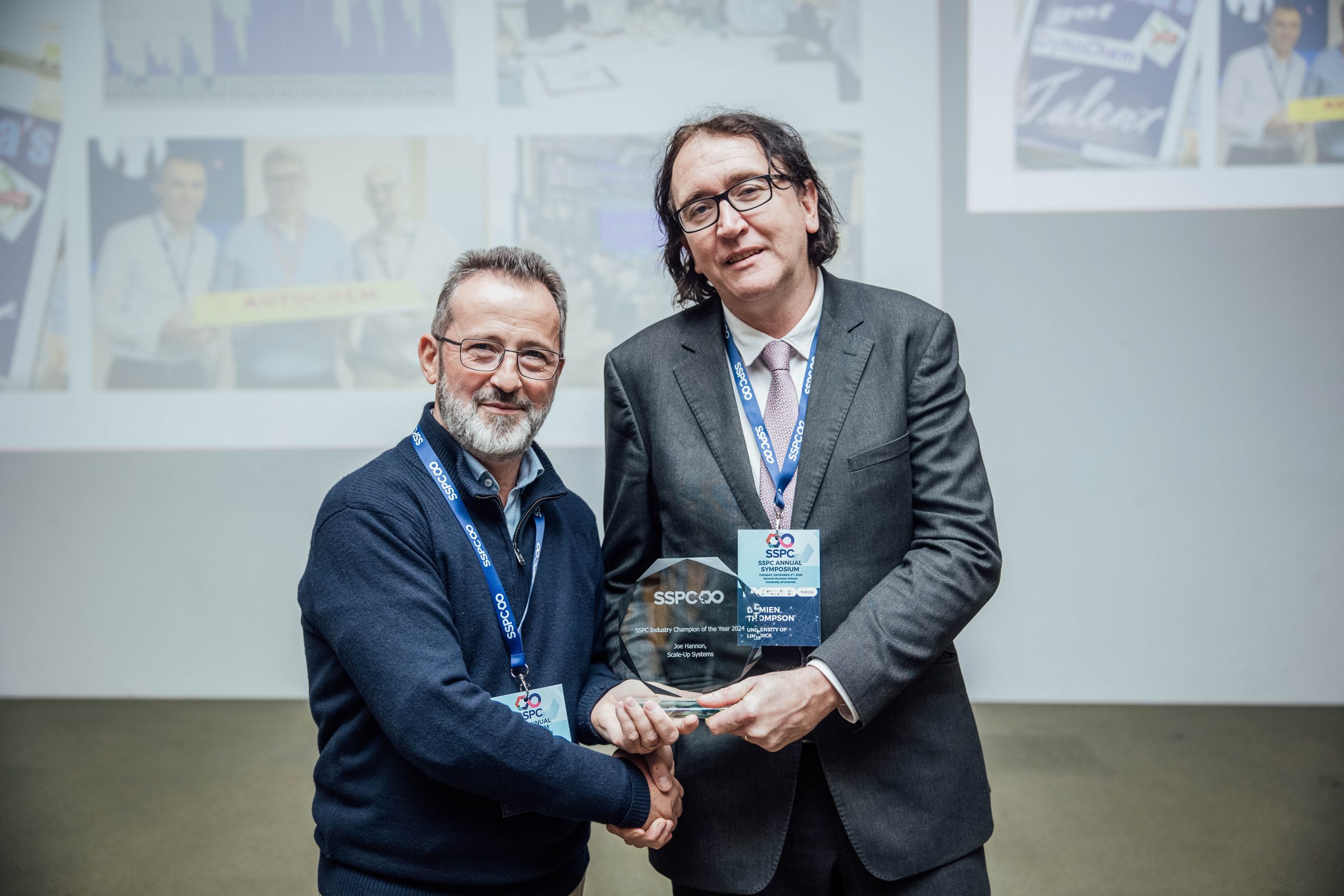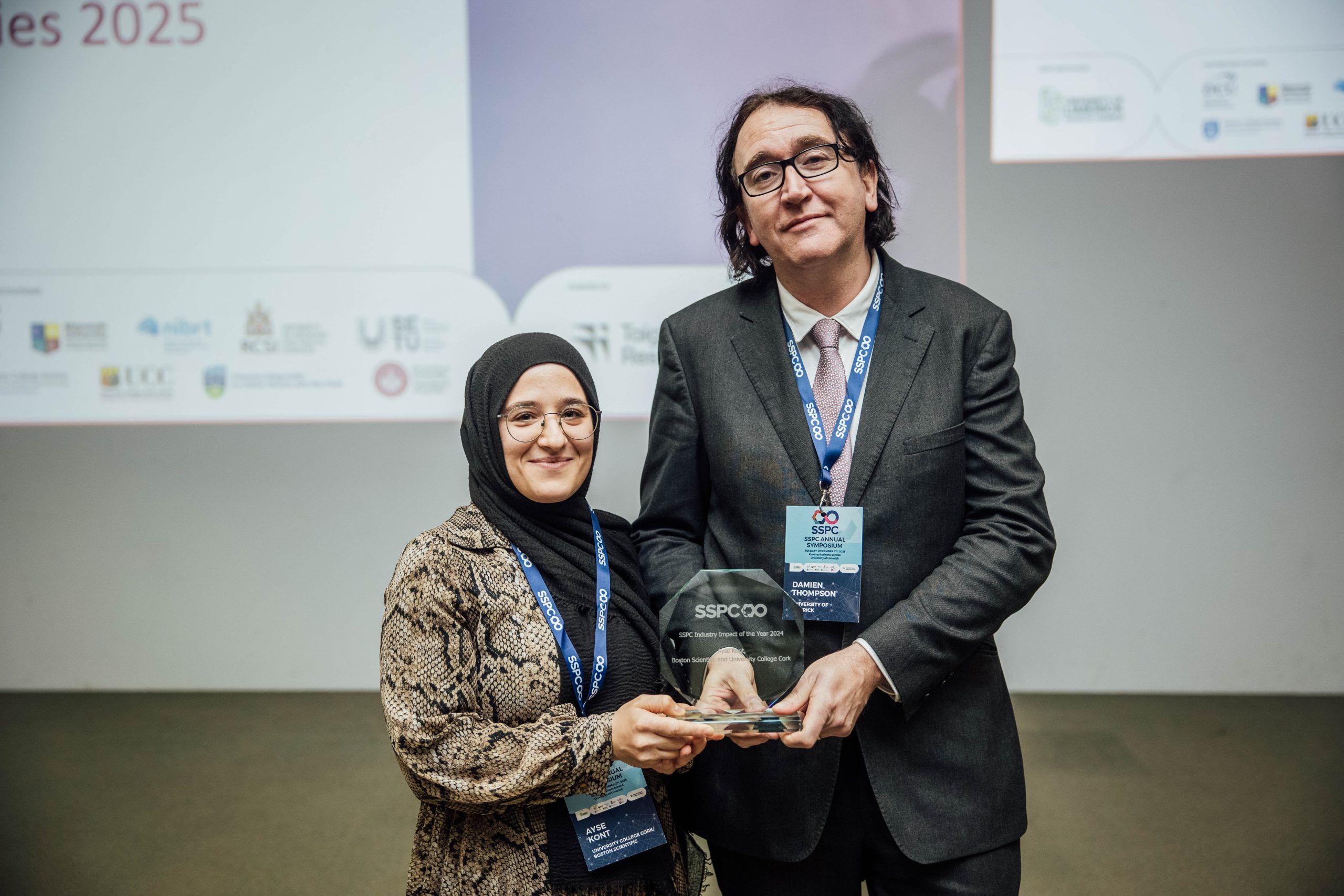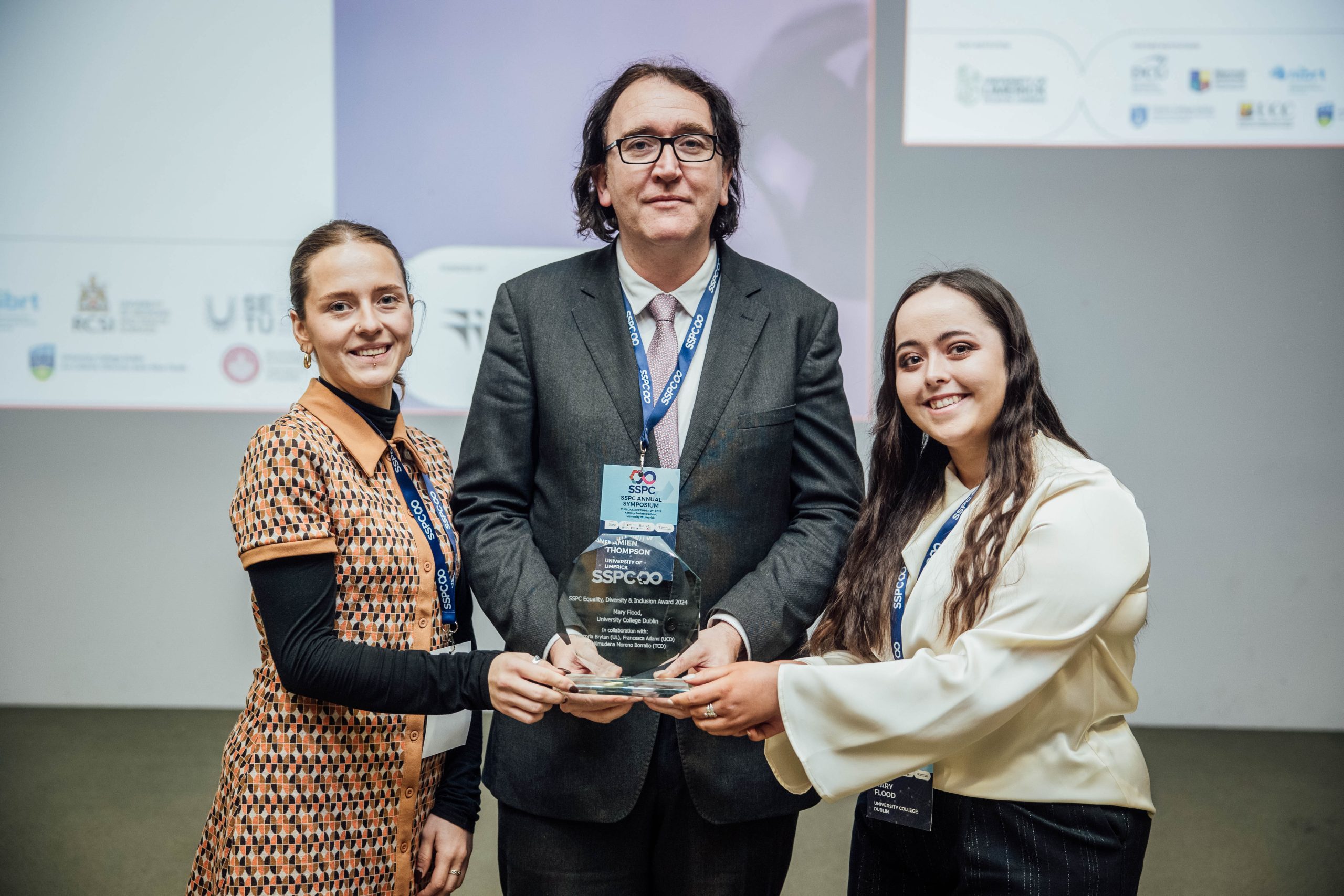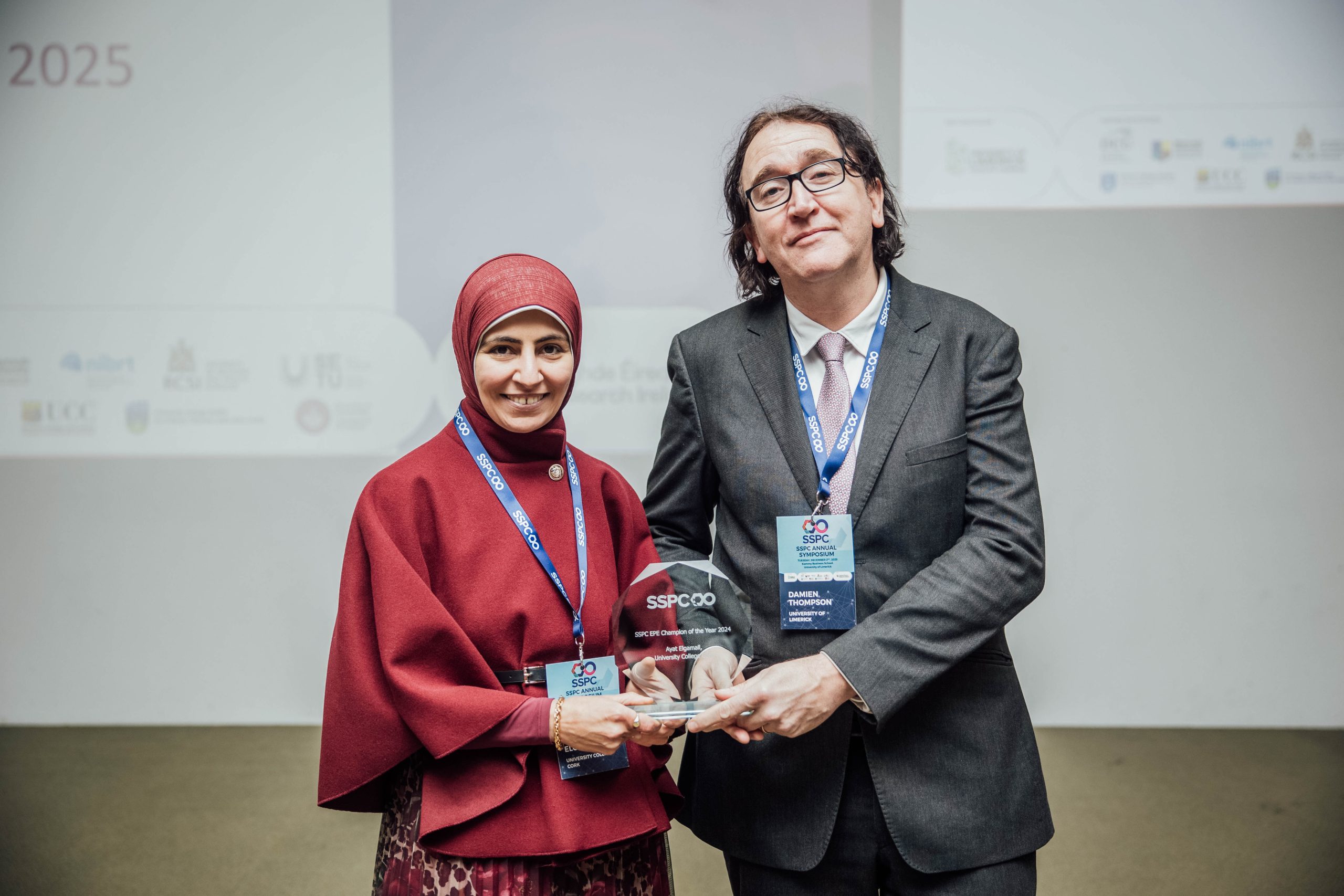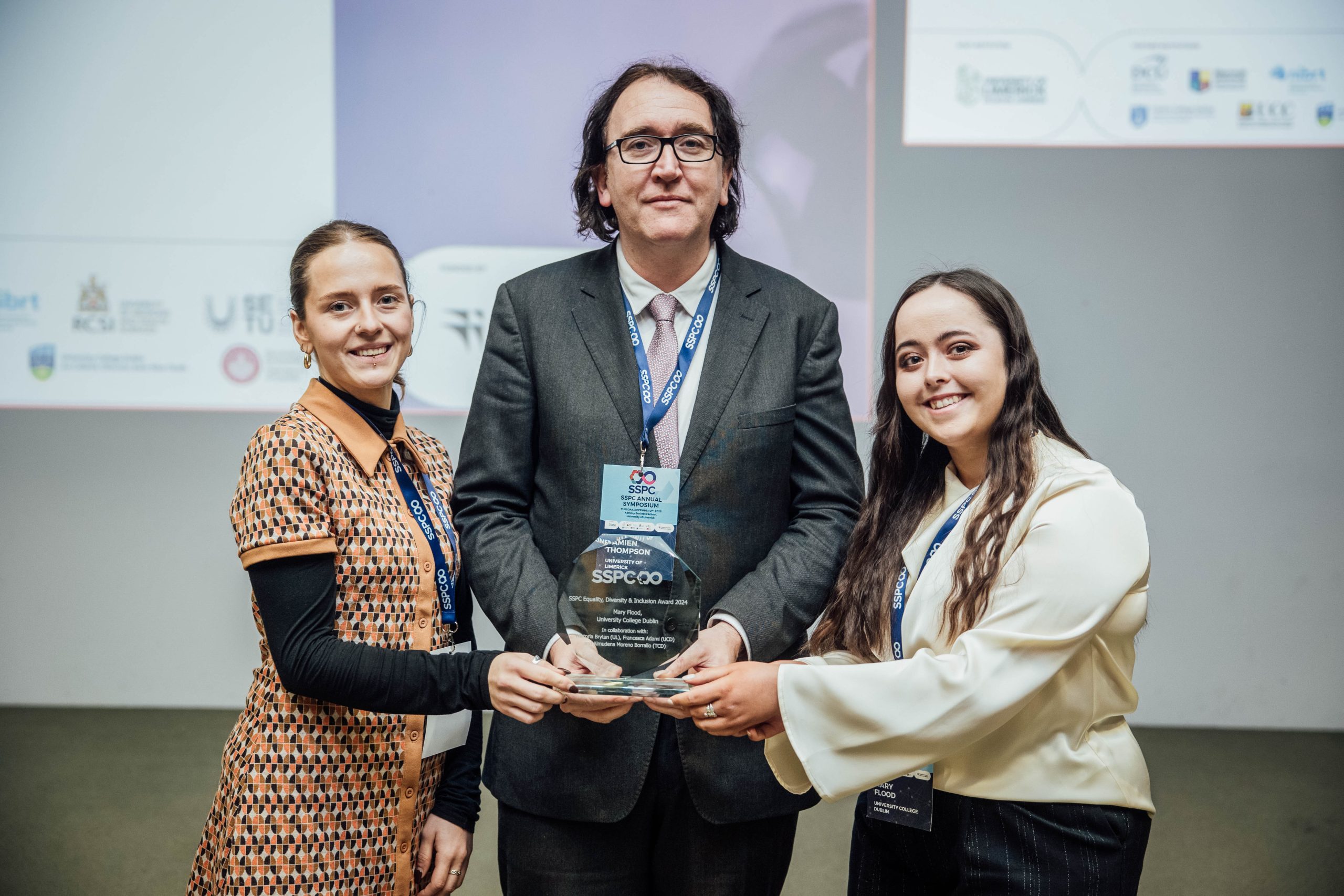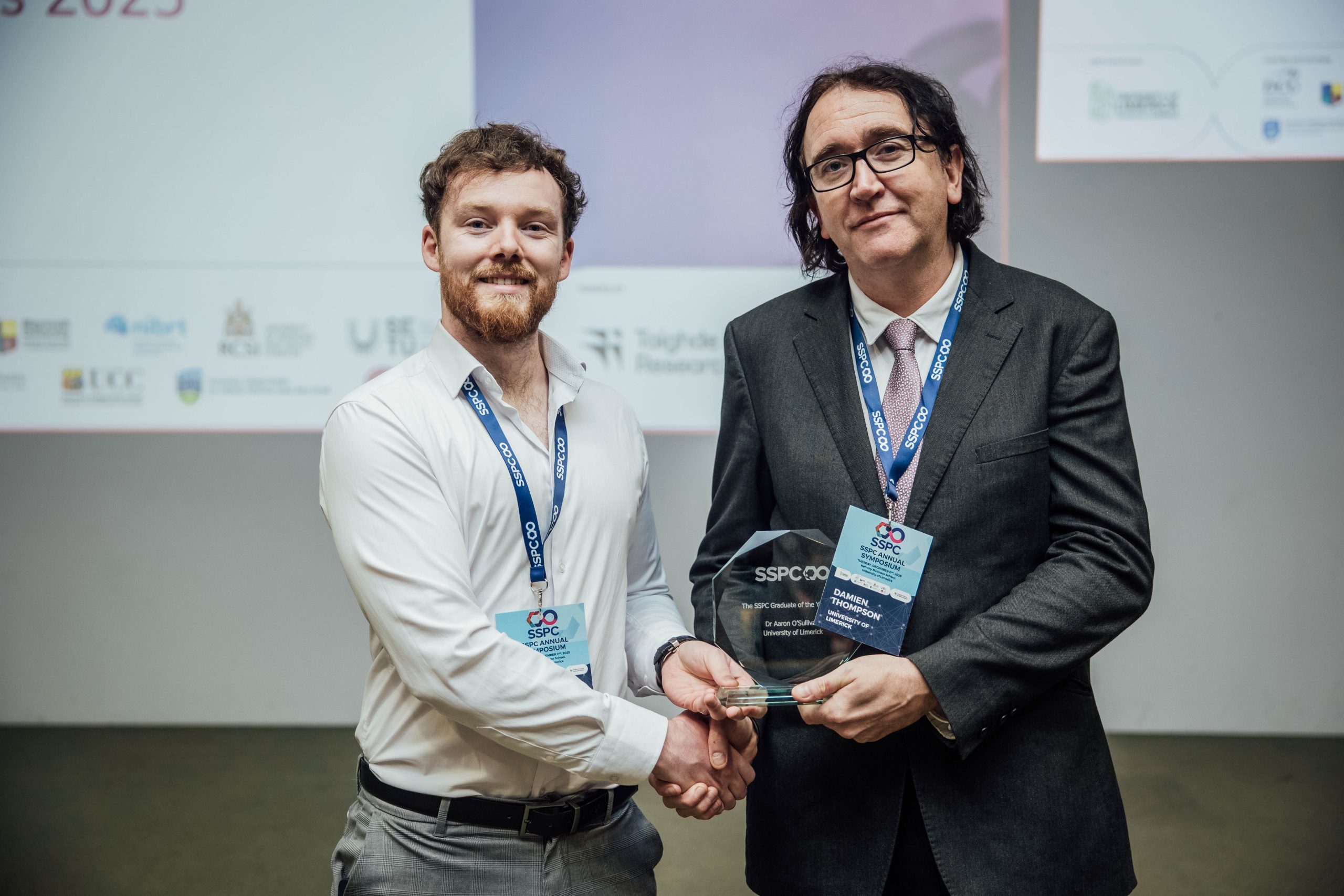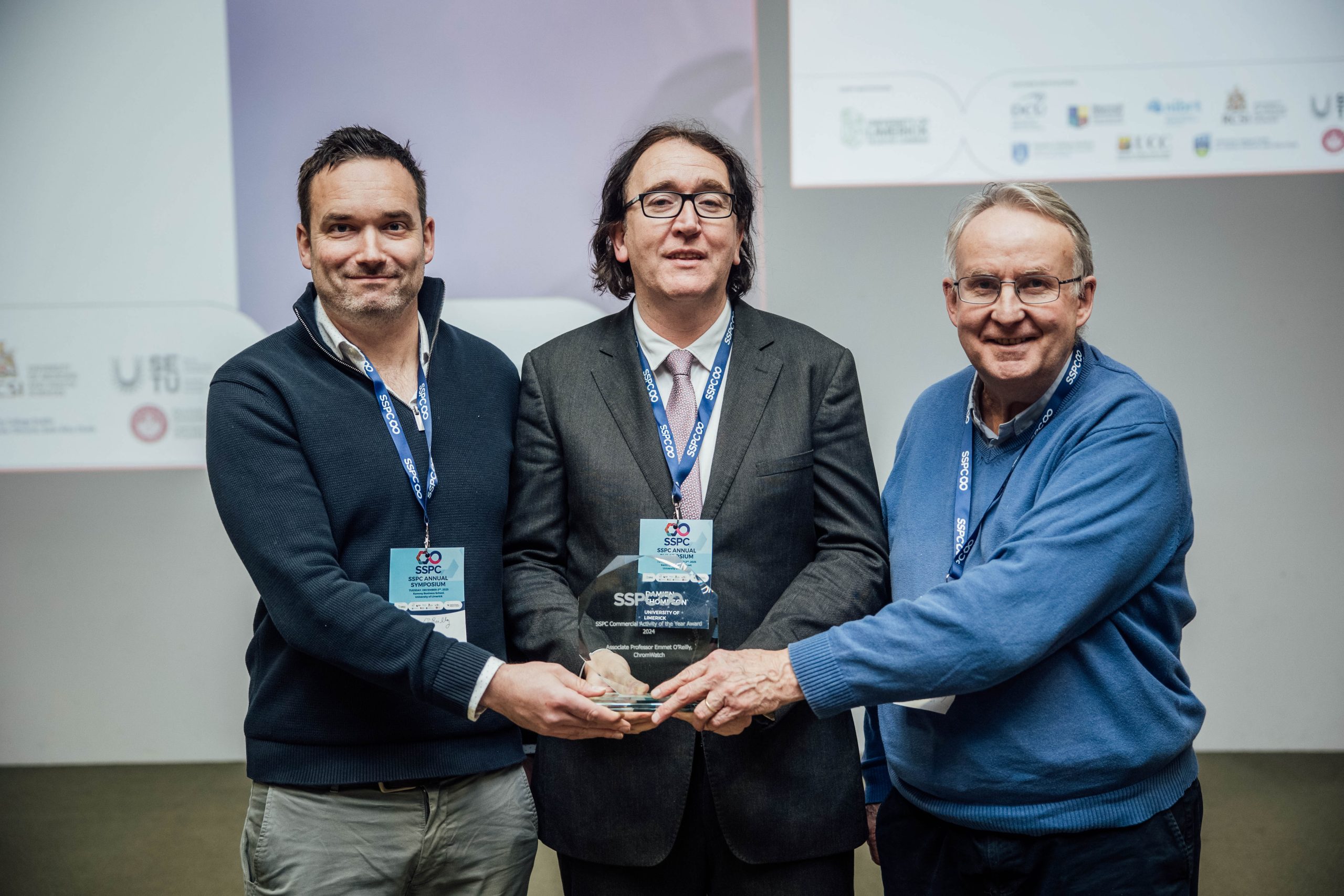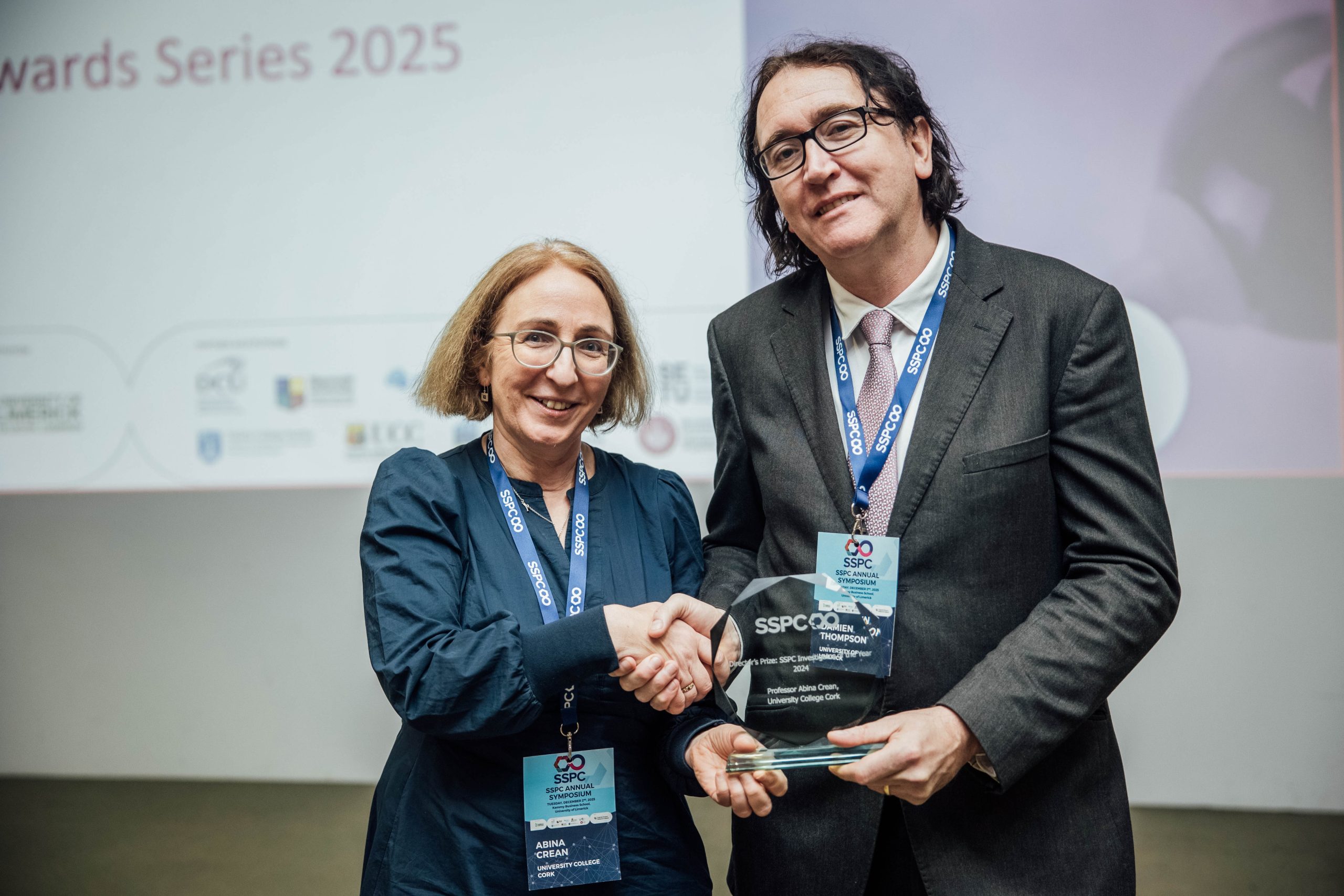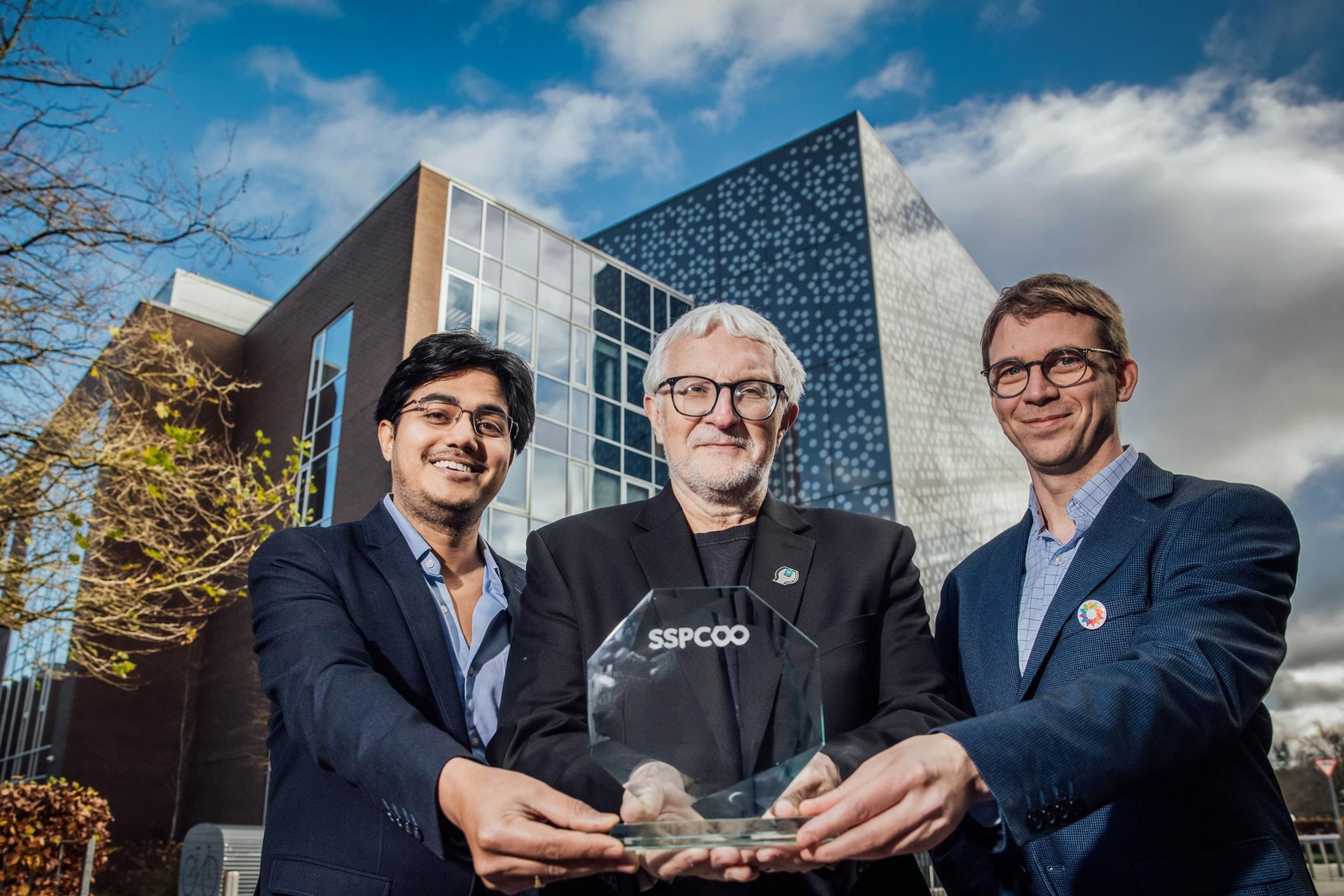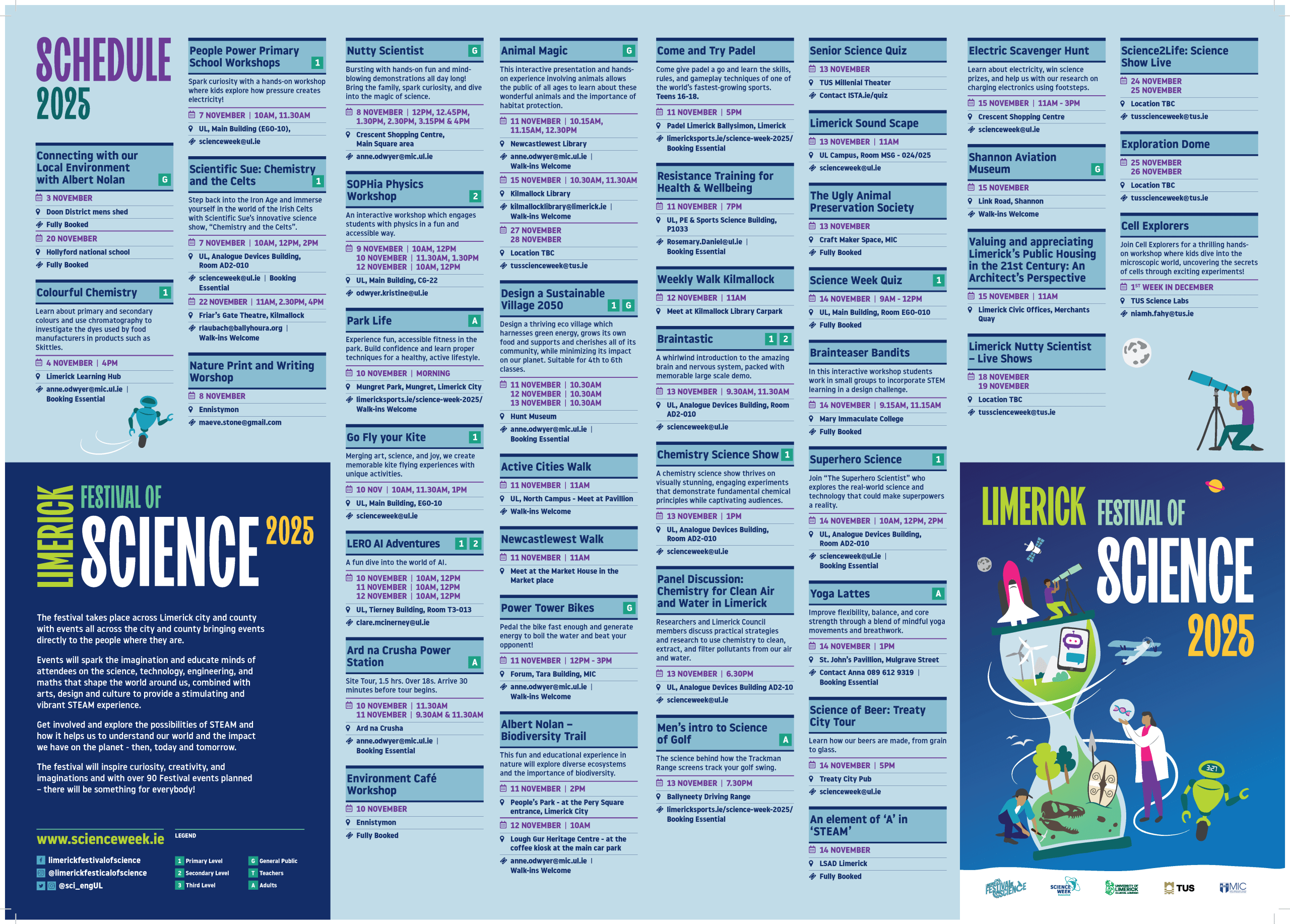I am a third-year PhD student at University of Limerick, under the supervision of Associate Professor Sarah Hudson and co-supervision of Professor Åke Rasmuson, Dr Jennifer Cookman, and Dr Michael Svärd. My PhD research is centred on investigating non-classical nucleation mechanisms for active pharmaceutical ingredients (APIs), employing advanced nanoscale characterization techniques such as liquid light scattering and transmission electron microscopy.
I had the opportunity to work at SK Biotek from June to September last year. SK Biotek, one of the world’s leading contract development and manufacturing organisations (CDMOs), is based in Swords, near Dublin, and manufactures active pharmaceutical ingredients (APIs) for a range of drug products. These three months were enriching, as I was offered numerous learning opportunities. I was a member of the Process Research and Development (PR&D) team, and I worked on a broad range of projects. The projects ranged from the process improvement of a commercial product to the process development and familiarisation of a new chemical entity, as well as the running of pilot-scale batches.
During this time, I reported to Dr Eoin Power and was mentored by Dr Conor Fleming and Dr Caitriona Mckeever. Working with them provided me with many significant lessons as they all shared their knowledge and answered all of my questions, enabling me to learn the complexities of API manufacturing process development. I was able to develop many new skills, such as performing reactions and crystallisation experiments using jacketed reactors as well as using automated reactors like EasyMax and OptiMax. In addition, I was able to expand my expertise in in-process analysis using HPLC and Karl Fischer moisture analysis. Overall, as GMP practices were adopted across the department, I understood the significance of proper documentation. Furthermore, at the start, I was given a tour of the manufacturing facilities, which are among the best in the industry and helped me better comprehend the job I was doing in the R&D laboratories.
Through this placement, I got insights into crystallisation processes, which aligned with the topic of my PhD study, as all the projects had crystallisation as an integral component. Working in a fast-paced CDMO environment also taught me vital skills for working collaboratively across multiple departments in industry, including process, analytical, quality, and manufacturing. Furthermore, I now have firsthand knowledge of the amount of research and effort that goes into manufacturing APIs.
Overall, my motivation for my PhD research has been strengthened as a result of this placement experience. In hindsight, this experience will undoubtedly help my future decisions after I finish my PhD, when I must decide what to do next. Finally, I strongly suggest enrolling in the SSPC’s Industry Placement Programme since it provides a unique chance to engage with professionals from many fields and helps expand your network, making the time and effort absolutely worthwhile.

